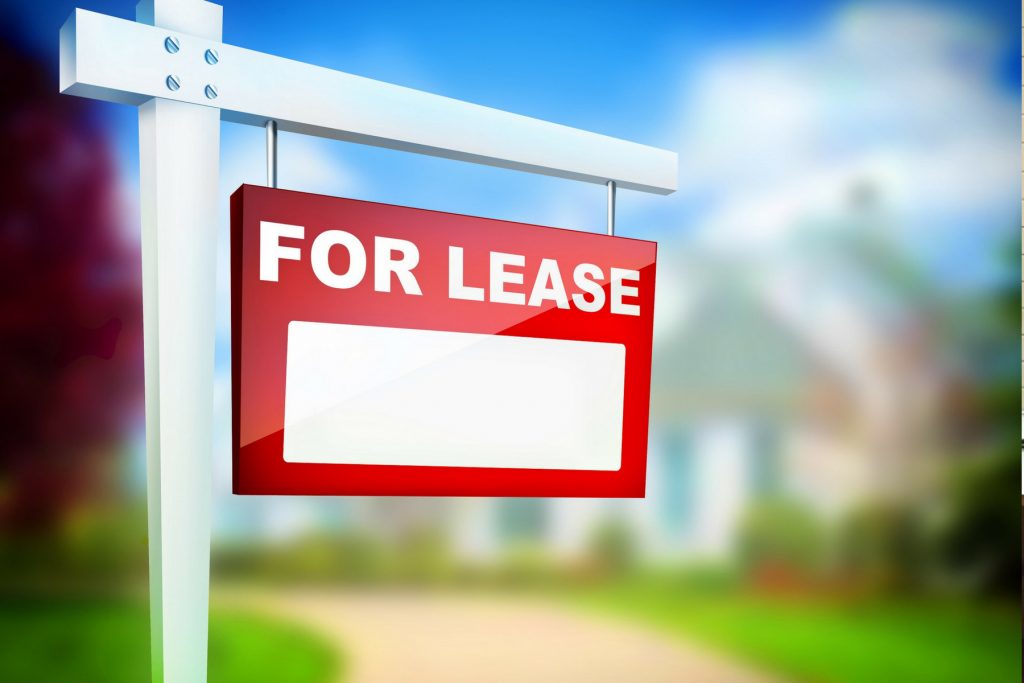For practices operating out of leased premises, there inevitably comes a time when the current term of your lease will come to an end.
The following are some top tips to consider:
1. New lease or a renewal?
If your lease contains an option to renew, you are entitled to be granted a lease for a further term (however long that may be) so long as you validly exercise the option. Typically, the lease will also specify that you must not be in default of the lease nor have persistently breached the lease.
If there are no further options to renew, it is time for a new lease. If the lease has already expired, it will revert to a periodic tenancy – usually running month to month (although this depends on the ‘holding over’ provision of your lease, if any).
It is advisable to avoid holding over the lease, because at short notice your practice could find itself without a premises to operate from.
2. Parties
The lessor named in the lease should match the registered proprietor shown on the certificate of title to the leased premises. The named lessee should reflect whichever legal entity is appropriate based on the way you have structured your business.
If the lessor has a mortgage over the property, you should also obtain written consent. Sometimes this consent will be recorded on the lease itself, in a space near the signing page.
3. Rent and outgoings
You should ensure there is clarity on whether you are entering into a ‘gross lease’ (whereby you pay your rent and don’t contribute to extra charges) or a ‘net lease’ (whereby outgoings are payable in addition to rent).
Rent reviews are another important consideration. Will there be annual reviews? If so, is the method linked to CPI, or a fixed
percentage, or to market rent? Does the method vary depending on the anniversary year of the lease?
4. Maintenance and make good
The lease should be clear on the respective maintenance responsibilities of the lessor and the lessee. For example, responsibility for air conditioning (including regular servicing, and liability in the event of a breakdown) is a common area of disagreement.
At the end of the lease, you will also not want to be surprised by onerous obligations to make good the premises. A lessee’s obligation can be anything from a coat of paint and renewal of worn surfaces, to stripping the premises back to a bare shell, to restoring the premises to the same condition as at the start of the lease.
5. Default
Be clear on what will constitute a breach of the lease. In particular, take notice of any specified essential terms or fundamental breaches, which will give the lessor an immediate right to terminate or seek liquidated damages.
If there is something you need to do in the premises that would otherwise constitute a default (such as making alterations), have the lease amended or include a special condition in the lease dealing with it.
6. Indemnities
Leases typically require the lessee to indemnify (in other words, compensate) the lessor for any loss or damage which the lessor may suffer as a result of the lessee’s use of the leased premises. This can be justified insofar as the lessee will occupy the premises to the exclusion of the lessor; however a prudent lessee will ensure that any indemnity is reduced to the extent
that the loss or damage is caused or contributed to by the lessor or a person for whom the lessor is responsible.
7. Retail shop lease?
It may seem counterintuitive at first, but a dental practice lease can constitute a retail shop lease within the meaning of the commercial tenancy retail shops legislation, if situated in a ‘retail shopping centre’ (which may be a cluster of as few as
5 premises used for carrying on a retail business). If you are entering into a retail shop lease, you will be entitled to specific additional rights and disclosures beyond what you would enjoy as a lessee in a different setting.
8. Will you have to pay your lessor’s legal costs?
Lessors will often try to include a provision that the lessee pays their legal costs associated with lease preparation and negotiation. As a lessee you may be prepared to bear these costs as part of your commercial deal with the lessor, but it isn’t something you will want to agree to inadvertently.
9. Entire agreement
Your lease will almost certainly contain an ‘entire agreement’ clause which will in essence say that the lease document contains the whole agreement between the parties. It may further state that neither party is entitled to rely on any warranty or statement that is not contained in the lease. Therefore, make sure your understanding of the agreement you have struck with the landlord, is actually reflected in the final lease that you are asked to sign.
10. Lease registration
When you enter into a lease, you should ensure it is protected so that, say, you do not lose it if the premises are sold. The way to do this is to register your lease at Landgate, the statutory authority responsible for property and land information in WA. This involves preparation of a prescribed form, and payment of a lodgement fee.
These tips may help you prepare for lease negotiations, or even guide you in preliminary talks with your lessor.
If and when you need a dental practice lease prepared or reviewed, it is advisable to engage a lawyer with experience in property and commercial leasing (ideally with an understanding of the dental industry) at an early stage of the process.
The content of this article is intended to provide a general overview and guide to the subject matter. Specialist advice should be sought about your specific circumstances.
Originally Published in the western Articulator
David McMullen
Solicitor
Panetta McGrath Lawyers
pmlawyers.com.au
